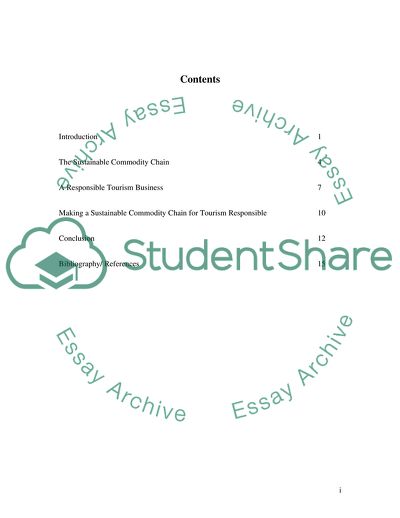Cite this document
(The Sustainable Commodity Chain and Responsible Tourism Businesses Literature review - 1, n.d.)
The Sustainable Commodity Chain and Responsible Tourism Businesses Literature review - 1. Retrieved from https://studentshare.org/tourism/1745198-international-tourism-management
The Sustainable Commodity Chain and Responsible Tourism Businesses Literature review - 1. Retrieved from https://studentshare.org/tourism/1745198-international-tourism-management
(The Sustainable Commodity Chain and Responsible Tourism Businesses Literature Review - 1)
The Sustainable Commodity Chain and Responsible Tourism Businesses Literature Review - 1. https://studentshare.org/tourism/1745198-international-tourism-management.
The Sustainable Commodity Chain and Responsible Tourism Businesses Literature Review - 1. https://studentshare.org/tourism/1745198-international-tourism-management.
“The Sustainable Commodity Chain and Responsible Tourism Businesses Literature Review - 1”. https://studentshare.org/tourism/1745198-international-tourism-management.


